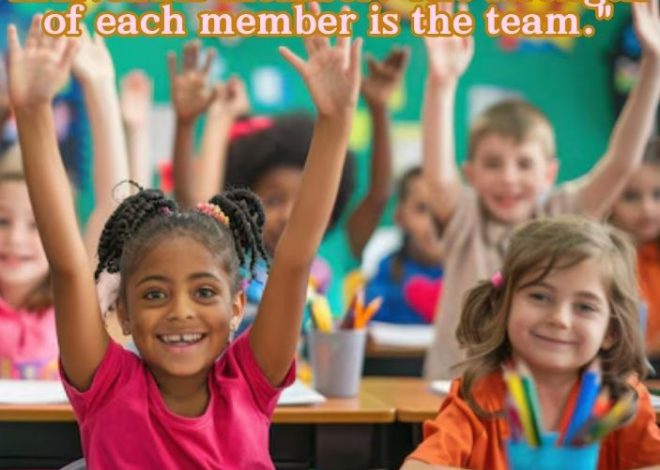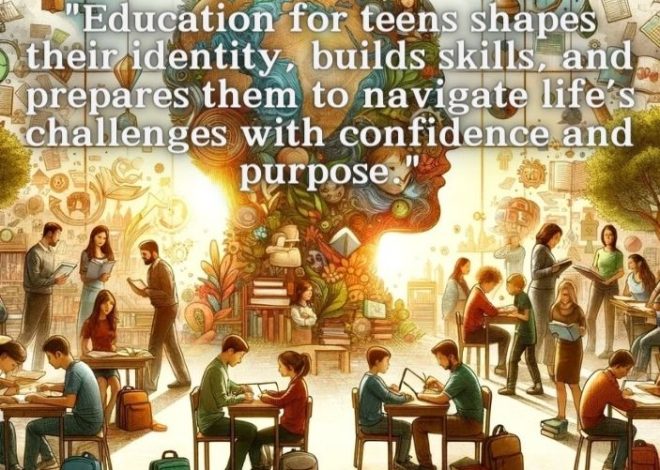
Where Can We Find Resources for Education?
Accessing educational resources is essential for learners of all ages. Here are various platforms and types of resources to explore:
1. Online Learning Platforms
1.1. Course Providers
- Coursera: Offers courses from universities and organizations on a wide range of subjects.
- edX: Provides access to courses from top universities, many of which are free or available for a fee for certification.
- Udemy: A marketplace for courses covering diverse topics, from professional skills to hobbies.
1.2. Skill Development
- LinkedIn Learning: Offers video courses focusing on professional development and business skills.
- Khan Academy: Free educational resources for students of all ages, focusing on math, science, and humanities.
2. Libraries and Educational Institutions
2.1. Local Libraries
- Public Libraries: Often provide access to free online courses, e-books, and tutoring resources.
- University Libraries: Many university libraries offer community access to certain resources, including research databases and workshops.
2.2. Schools and Colleges
- Community Colleges: Many offer continuing education courses and workshops at low costs.
- Adult Education Programs: Look for local adult education centers that provide courses in various subjects.
3. Open Educational Resources (OER)
3.1. Free Textbooks and Materials
- OER Commons: A platform that provides access to openly licensed educational resources.
- Open Stax: Offers free, peer-reviewed, openly licensed textbooks for college-level courses.
3.2. Educational Videos and Media
- YouTube Edu: A collection of educational videos from various creators and institutions.
- PBS Learning Media: Provides free resources including videos, lesson plans, and interactive tools for educators.
4. Educational Apps and Tools
4.1. Learning Apps
- Duolingo: A popular app for learning new languages through gamified lessons.
- Quizlet: Offers flashcards and study tools for a wide range of subjects.
4.2. Productivity Tools
- Trello: A project management tool that can help organize study schedules and group projects.
- Evernote: Useful for taking notes and organizing information.
5. Community Resources and Support
5.1. Study Groups and Tutoring
- Peer Tutoring Programs: Many schools and community centers offer tutoring services, often run by volunteers or older students.
- Meetup: A platform to find local study groups or educational workshops.
5.2. Online Forums and Communities
- Reddit: Subreddits like r/education, r/learn programming, or r/Ask Academia can provide advice and resources.
- Facebook Groups: Many educational groups exist for specific subjects or interests where members share resources and tips.
6. Government and Nonprofit Organizations
6.1. Government Websites
- Department of Education: Offers resources for students, parents, and educators on various educational programs and policies.
- National Archives: Provides educational materials, including historical documents and lesson plans.
6.2. Nonprofit Organizations
- Teach for America: Provides resources and support for teachers and students in under-resourced schools.
- Khan Academy: Besides online courses, it offers comprehensive resources for educators and students.
Conclusion
A wealth of resources is available for education, ranging from online platforms and local libraries to community programs and nonprofit organizations. By exploring these options, learners can access valuable materials, courses, and support tailored to their educational needs.














